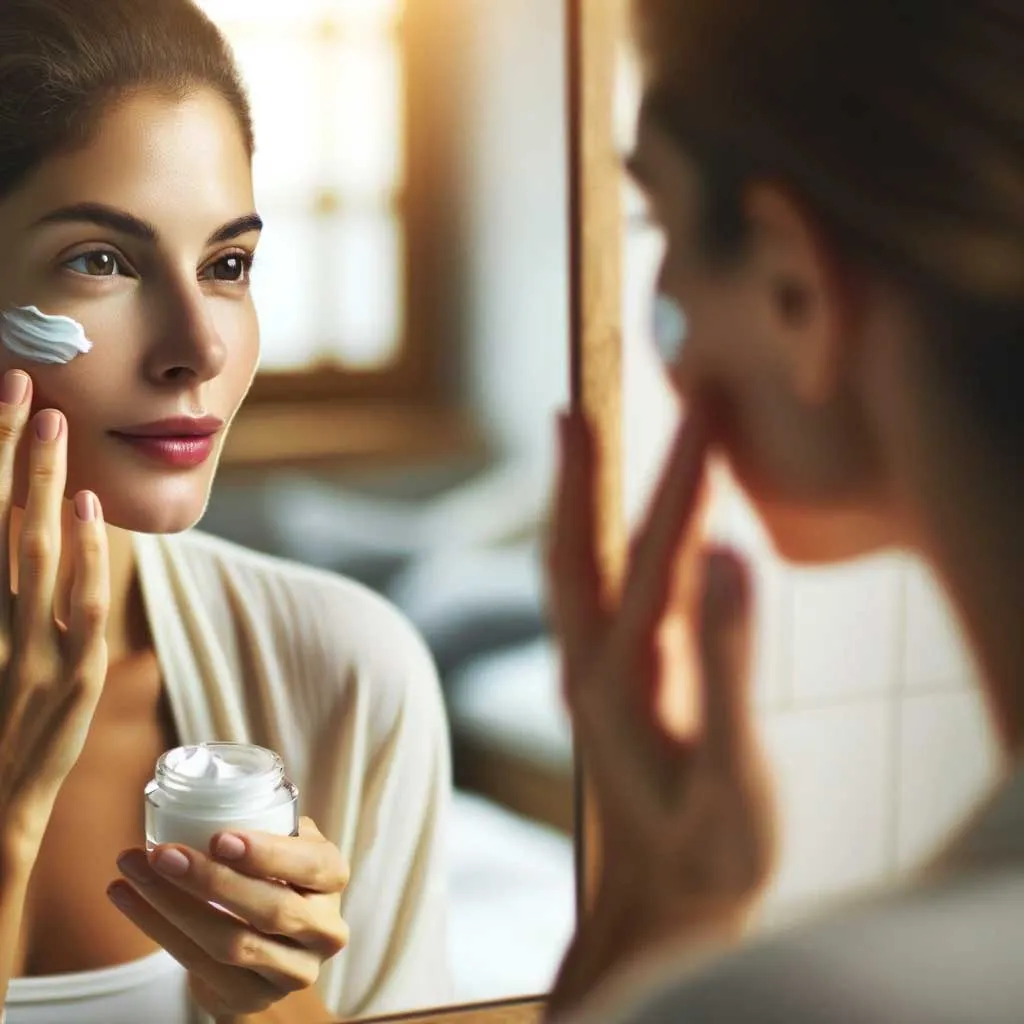madamcity : Certainly! Here’s a comprehensive guide on skincare written in English, structured with an introduction and various key sections to address different aspects of skincare. This general overview can later be expanded into detailed content for each section.

Introduction to Skincare
Skincare is more than just a beauty routine; it’s a crucial part of overall health and well-being. Adopting a proper skincare regimen can prevent skin problems, promote healthier, younger-looking, and more radiant skin. Understanding the basics and tailoring your skincare to your specific needs can make a significant difference in your skin’s health.
Understanding Skin Types
Identifying your skin type is the first step towards effective skincare. The main skin types are:
- Normal Skin: Balanced moisture levels, neither too oily nor too dry.
- Dry Skin: Flaky, itchy, or rough texture due to lack of moisture.
- Oily Skin: Excess sebum production leading to a shiny complexion and acne-prone conditions.
- Combination Skin: A mix of dry and oily areas, typically oily in the T-zone (forehead, nose, and chin).
- Sensitive Skin: Reacts easily to certain products or environmental factors, often accompanied by redness or irritation.

Daily Skincare Routine
A basic skincare routine can be broken down into three key steps:
- Cleansing: Removing dirt, oil, and impurities from the skin’s surface.
- Toning: Restoring the skin’s pH balance and preparing it for moisturization.
- Moisturizing: Hydrating and locking in moisture to protect the skin from dryness.
Advanced Skincare Practices
For those looking to address specific concerns or enhance their skincare routine, consider incorporating:
- Exfoliation: Removing dead skin cells to reveal fresher, smoother skin. It’s recommended to exfoliate 1-2 times a week, depending on your skin type.
- Serums and Treatments: Targeted formulas designed to address specific issues like aging, dark spots, or acne.
- Sun Protection: Daily use of sunscreen to protect the skin from harmful UV rays, preventing premature aging and skin cancer.

Seasonal Skincare Adjustments
Your skin’s needs can change with the seasons. It’s important to adjust your skin care routine accordingly:
- Winter: Focus on hydration to combat dryness caused by cold weather and heating systems.
- Summer: Emphasize sun protection and lighter moisturizers to prevent oiliness and protect against sun damage.
Lifestyle and Skincare
Skincare extends beyond topical treatments. A healthy lifestyle can significantly impact your skin’s health:
- Diet: Eating a balanced diet rich in antioxidants, vitamins, and minerals supports skin health.
- Hydration: Drinking plenty of water helps maintain skin’s moisture balance.
- Sleep: Getting enough rest is crucial for skin regeneration and repair.
Conclusion
Effective skin care is personalized and consistent. Understanding your skin type, addressing its specific needs, and making adjustments as needed can lead to significant improvements in your skin’s health and appearance. Remember, patience and consistency are key to seeing results.
This overview serves as a foundation for delving deeper into each aspect of skin care. Future content can expand on each section, providing detailed advice, product recommendations, and tips tailored to individual needs and concerns.

No Comments Yet